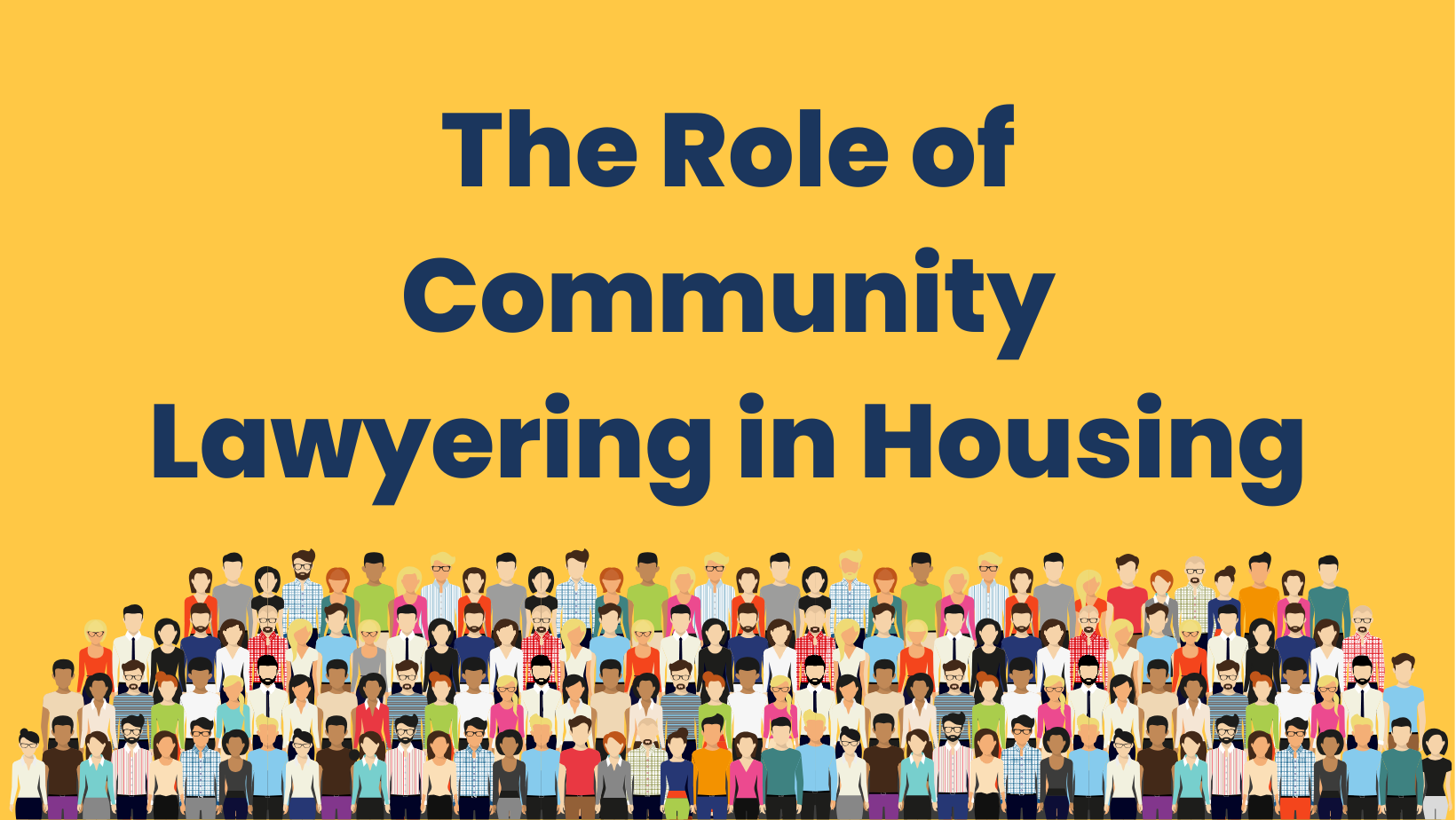The Role of Community Lawyering in Housing Justice
The struggle for housing justice is a pressing reality for many communities. From displacement to discriminatory practices and inadequate housing conditions, marginalized communities face a wealth of challenges when it comes to accessing safe, affordable, and stable housing. Community lawyering has transformative potential when it comes to addressing these issues; empowering communities to assert their rights and shape the future of housing policy and practice themselves.
Understanding Community Lawyering for Housing Justice
Community lawyering for housing justice centers on the belief that communities themselves are best equipped to identify and address the housing needs and injustices they face. Instead of relying solely on traditional legal strategies, community lawyers work collaboratively with residents, tenant unions/organizations, and grassroots organizations to tackle housing issues. This approach recognizes that housing is not just a legal or economic issue, but a fundamental human right intertwined with social, racial, and economic justice.
According to Just Lead Washington, there are several core principles underpinning the practice of community lawyering:
- Empowerment: community lawyers prioritize empowering residents to advocate for themselves and participate actively in decision-making processes related to housing.
- Community engagement: lawyers directly engage with affected communities, building relationships, trust, and solidarity to develop solutions that reflect community priorities and aspirations.
- Legal support and education: community lawyer provide legal support, know-your-rights workshops, and other resources to help residents navigate housing laws and challenge injustices.
- Collaborative advocacy: lawyer collaborate with community organizers, housing activities, tenants/tenant organizations, and other stakeholders to develop comprehensive strategies for systemic change.
- Long-term impact: community lawyering aims to achieve sustainable and transformative change by building the capacity of communities to continue advocating for their housing rights beyond individual cases or campaigns.
Examples of Community Lawyering for Housing Justice
- Tenant organizing: community lawyers partner with tenant unions and tenant organizations to fight against unfair evictions, substandard housing conditions, and discriminatory practices by landlords.
- Policy advocacy: lawyers working with community organizations to advocate for equitable housing policies, rent control measures, and tenant protections at the local, state, and national levels.
- Anti-displacement campaigns: community lawyering supports grassroots efforts to resist displacement and predatory development by challenging land grabs, promoting community land trusts, and advocating for affordable housing.
- Legal defense: lawyers provide representation and defense for residents facing housing-related legal challenges, like foreclosure, eviction, or housing discrimination.
The impact of community lawyering in housing justice is profound, helping communities develop the power to assert their rights, challenge systemic injustices, and shape the future of housing policy and practice. The approach is not without challenges; limited resources, institutional barriers, and the needs for sustained community engagement and mobilization all impact the effectiveness of community lawyering. Regardless, community lawyering offers a powerful framework for advancing housing justice by centering the voices, experiences, and expertise of affected communities. As we continue to confront the urgent challenges of housing inequality and displacement, the principles of community lawyering provide a roadmap for building more just, equitable, and inclusive communities where everyone has access to safe, affordable, and stable housing. When we harness the power of communities and legal advocates, we work toward a future where housing truly is a human right for all.


